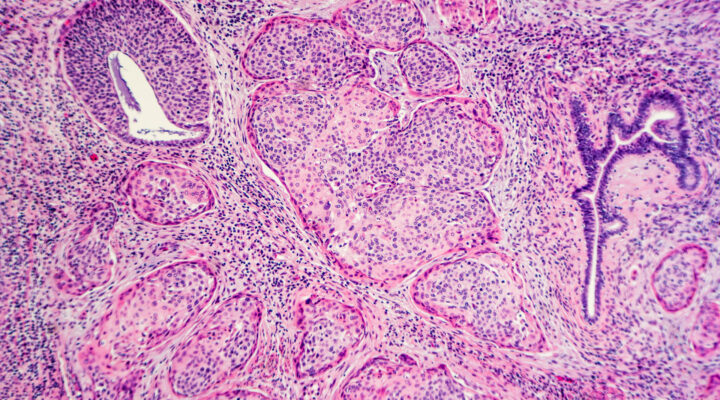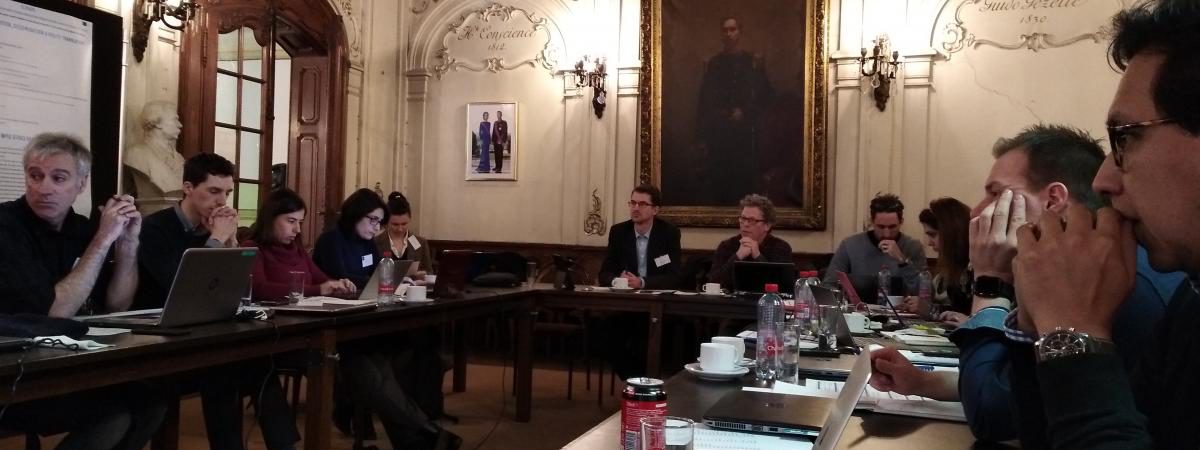


An international research alliance, led by Ghent University, announces a five-year project to develop a new test and approach for cervical cancer screening in hard-to-reach populations. The test will combine self-sampling with a new low-cost, portable measurement device and will be validated in dedicated screening trials in Belgium, Brazil, Ecuador, and Portugal. The ELEVATE project targets women in Europe and Latin America who have never been screened or are not regularly screened. These women have a higher risk of developing cervical cancer. The project is supported by the European Union’s Horizon 2020 Framework Programme for Research and Innovation Action, project number 825747.
Early detection through cancer screening can improve survival. A major challenge is screening women who live in remote areas, women from minority groups, and other ‘hard to reach’ women. To address this, ELEVATE will develop, in close collaboration with these communities, new outreach approaches for screening programs and a new test which can be performed at the point of care, for instance at home.
The test aims to rely on self-sampling to increase acceptance, and aims to detect and identify both the human papilloma virus- the main cause of cervical cancer- and cancer biomarker proteins. In this way, women will obtain via a single test a more complete and specific view on their risk of developing cervical cancer, such that a clear follow-up path can immediately be defined together with the health care worker.
The test will be designed for women in a variety of settings, from the Andes mountains to home-based meetings in Belgium.
Professor Olivier Degomme Coordinator of the project
‘The ELEVATE screening test will produce easy-to-understand results soon after self-sampling,’ Professor Olivier Degomme, coordinator of the project explains. ‘The test will be designed for women in a variety of settings, from the Andes mountains to home-based meetings in Belgium. That is why the measurement device will be battery powered and will not require specialised health personnel to understand the result. Our vision is a world where all women are empowered to be screened for cervical cancer risk in any setting, receive same-day, accurate, and easy-to-understand results, and be referred for further care if needed. That is why we will pilot our new screening test in a larger cancer control strategy that improves early diagnosis and proper follow-up.’
The ELEVATE project brings together a team of medical doctors, public health researchers, economists, biological engineers, and technology developers from: Universiteit Gent (Belgium), Universidade NOVA de Lisboa (Portugal), Escola Nacional de Saúde Pública (Portugal), Consorcio de Investigación sobre VIH SIDA TB CISIDAT A.C. (Mexico), Universidad de Cuenca (Ecuador), Barretos Cancer Hospital, PIO XII Foundation (Brazil), Universitat Rovira i Virgili (Spain), Fraunhofer-Gesellschaft zur Förderung der Angewandten Forschung e.V. (Germany), Labman Automation Ltd (UK), and microLIQUID (Spain).
For more information: Dr. Heleen Vermandere (Heleen.Vermandere@UGent.be)
Oops! It would seem that you are using an outdated browser. This might cause this website to display and function incorrectly. We strongly encourage you to install the latest version of your favourite browser. An updated browsers allows you to explore the internet in a modern and save way.